Become a Salesforce Developer

3 Months
Learning Time

3 Months
Learning Time

3 Months
Learning Time

3 Months
Learning Time
Salesforce Developer Course for Beginners
The Salesforce Certified Platform Developer I credential is designed for professionals who possess a deep understanding of developing and deploying custom business logic and interfaces using the Lightning Platform’s programmatic capabilities. These individuals are adept at distinguishing between declarative and programmatic methods and can extend the Lightning Platform utilizing Apex and Visualforce.
Achieving the Salesforce Platform Developer I certification enhances your preparation for the Salesforce Platform Developer I exam, significantly increasing your chances of passing on the first attempt.
Course Features
- Lifetime Access with Free Upgrades
- AI-Powered Learning Assistant
- Exclusive Slack Community
- 24x7 Mentor Support
- Exclusive Live Sessions
- Unlimited Interview Prep
Successfully Achieve Your Salesforce Developer Credential with Our Study Plan
- Platform Basics: Understanding Multi-Tenancy, MVC Architecture, Metadata, and more.
- Programmatic Customizations: Leveraging Apex and Visualforce for tailored solutions.
- Declarative vs. Programmatic Customization: Knowing when to use each approach effectively.
- Object Model: Exploring Salesforce's data structure and object framework.
- Object Relationships & Schema Builder: Understanding relationships and utilizing Schema Builder for visual data modeling.
- Data Management: Best practices for managing and maintaining data integrity.
- Formula and Roll-Up Summary Fields: Utilizing formula fields and roll-up summaries for dynamic data calculations.
- Declarative Automations: Exploring point-and-click tools for automating processes.
- Apex Triggers: Understanding the use of triggers to automate actions in response to database events.
- Variables, Data Types, and Methods: Learning about data handling and organization in Apex.
- Control Flow Statements: Mastering conditional logic and loops for efficient programming.
- Understanding Asynchronous Processing: Delving into asynchronous operations and their benefits.
- Working with SOQL, SOSL, and DML Statements: Utilizing Salesforce's query and data manipulation languages.
- Apex Transactions & Governor Limits: Grasping transaction control and resource limitations within Salesforce.
- Order of Execution: Knowing the sequence of operations in Salesforce to optimize performance.
- Security Vulnerabilities: Identifying and mitigating potential security risks in Apex code.
- Exception Handling: Implementing robust error handling techniques in your applications.
- Platform Events: Leveraging platform events for real-time data integration and communication.
- Declarative Automations and Apex: Understanding how to combine declarative tools with Apex for enhanced functionality.
- Data Security Vulnerabilities: Identifying and addressing potential risks to data security within applications.
- Visualforce Pages: Creating and customizing user interfaces using Visualforce technology.
- Visualforce and Lightning Platform: Understanding the integration of Visualforce within the Lightning framework.
- Lightning Web Components: Developing modern, fast, and reusable components using Lightning Web Components.
- User Interface Components: Exploring various UI components, including Lightning, Flow, and Visualforce.
- LWC and Aura Component Events: Managing events in Lightning Web Components and Aura components for dynamic interactions.
- Apex Interactions with Different Page Types: Learning how Apex can interact with and enhance various page types in Salesforce.
- Writing Apex Unit Tests: Developing effective unit tests to ensure code quality and functionality.
- Apex Anonymous Code and Unit Tests: Utilizing anonymous Apex for quick testing and debugging alongside formal unit tests.
- Debugging System Issues and Monitoring: Techniques for identifying and resolving system issues, along with monitoring performance.
- Deployment: Best practices for deploying Apex code and related components to different environments.
- Salesforce Developer Tools: Exploring tools available for Salesforce developers to enhance productivity and streamline development processes.

Skills you will develop

Salesforce Skills
Deep knowledge of Salesforce Hands on application Certifications in Salesforce

Hands-on Project
Requirement Analysis Solution Designing Build and Showcase

Consulting Skills
Digital Transformation Business Case Fundamentals Agile Delivery Approach

Soft Skills Training
Personal Branding Communication Interview success

